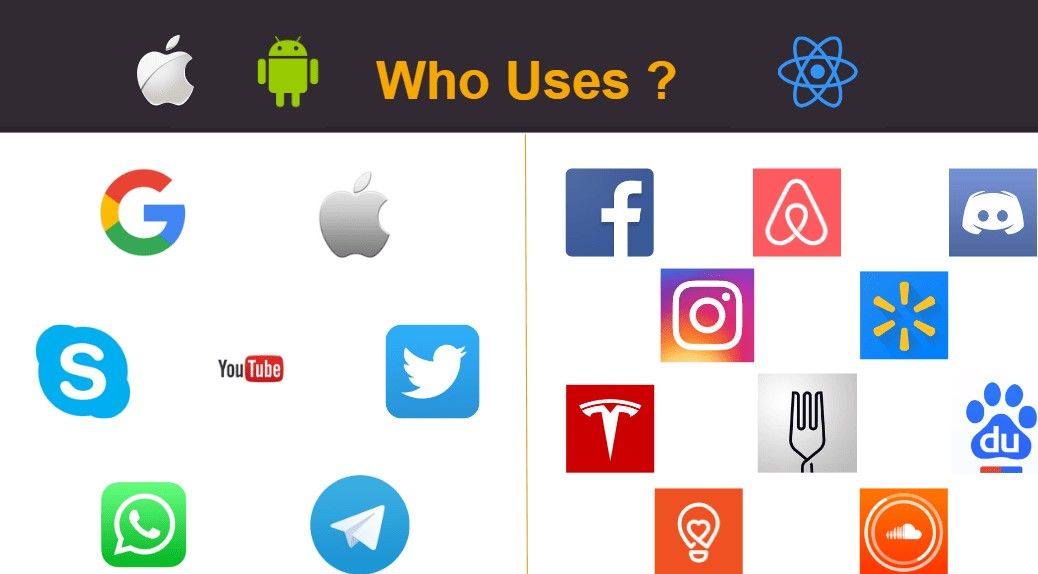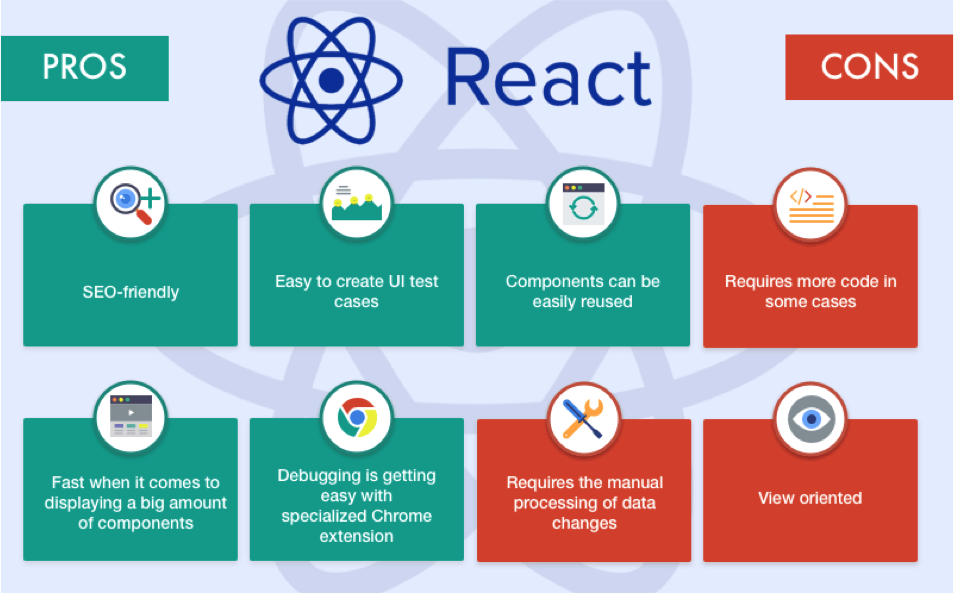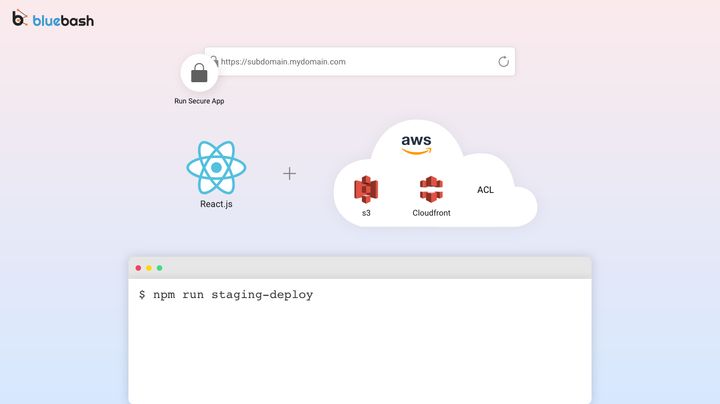React Native: A framework for building native apps using React

React Native: It is a system created by Facebook for making native applications for iOS and Android under one ordinary language, JavaScript. At first, Facebook just created React Native to help iOS. Anyway, with its ongoing help of the Android working framework, the library would now be able to render portable UIs for both iOS and Android. Facebook launched React Native in 2015 and has been keeping up with it from that point onward.
In 2018, React Native had the second most elevated number of benefactors for any store in GitHub. Today, React Native is upheld by commitments from people and organizations around the globe including Call-stack, Expo, Infinite Red, Microsoft, and Software Mansion.
React Native can be combined with various other languages. Superficially, it is written in a blend of JavaScript and JSX, a JS form of XML. Underneath, you have the React Native bridge that consolidates Objective C and Java for iOS and Android, individually. Your application, in this manner, renders like a genuine application instead of a browser-based application.
It is popular as well as other languages. For instance, Bloomberg News, Pinterest, Skype, Tesla, Adidas Glitch, and Walmart are built on react native or have some integrations with React Native.

Why React Native should be used
At whatever point when there is an update for applications written in Swift/Objective-C or Java, the entire application should be recompiled and an updated version is needed to upload on the App Store. This can take up to half a month relying upon the App Store audit process.
To overcome from such pitfall, React Native applications work in an alternate way, a local application can find explicit JavaScript code, when the application is launched on the actual device it is downloaded and compiled accordingly. In this way, changes can be updated instantly without submitting a new version repeatedly on the App store.
Pros of React Native:

- Pros of React Native:
- Time and cost-efficiency
- Native look and feel of your apps
- It shares the same codebase for iOS, Android, and the Web (with ReactXP and React Native for Web)
- One team for multiple platforms
- Ultimate performance
- Reliable and Stable Applications
Cons of React Native:
- Expertise is required from a native developer to cross-platform applications
- Less secure because of JavaScript-based library
- Memory management
- Not Easy to learn
- A small collection of existing components.
In Conclusion, React Native is an incredible structure for uncomplicated and faster applications with records, lotteries and so on. To built much complex applications, extra assets are required. Yet, the rate at which the React people group is developing, everything that could be holding this structure down, has high odds of evolving. Particularly as the segment assortment develops, almost certainly, further, more advanced functionality will be acquainted.



